We have a response from the Government on student accommodation, DSIT is all about the AI research, whole-sector foundation year student statistics are rather damning, we hear from the new Free Speech Tsar, and the BTEC | T level | Advanced British Standard confusion takes the next step as 85 qualifications are defunded.
Parliament – new session beckons
Parliament has been prorogued ready for the Kings Speech and the new session of Parliament to open on Tuesday 7 November. Carry-over motions were agreed for six Bills, with the Economic Activity of Public Bodies (Overseas Matters) Bill being of most relevance to universities. In addition, the Renters Reform Bill was introduced but was still awaiting a second reading when this briefing was published (see below for a discussion of that one).
Bills that had not completed the legislative process and for which a carry-over was not agreed have now fallen. They might be brought back, along with the ones that were announced but had not gone forward, including bills on media, audit reform, and mental health.
The King will formally open Parliament on 7 November and in his speech (which is written by the Government) he will announce the Government’s proposed policies and legislation for the coming session. The new session will end when Parliament is dissolved ahead of the general election – which must be held in January 2025 or before.
The House of Commons Library briefing King’s Speech 2023 has lots of useful information, including setting out some potential areas for the 2023-23 new legislative session:
- Criminal justice measures, including knife crime and sentencing
- Raising the age of sale for tobacco products
- Implementing legislation for UK accession to the Comprehensive and Progressive Agreement for Trans-Pacific Partnership
- Transport
- Leasehold and commonhold reform
- Changing the Habitats Regulations to ‘scrap nutrient neutrality’.
Conference season – final elements
Jonathan Woodhead of Birkbeck College has written a piece for the campaign for Learning on the LLE after the party conference season – lack of clarity seems to be a theme.
Wrapping up the final elements from the 2023 party conference season we highlight the aspects in Labour’s conference most of interest to HE:
- Keir Starmer criticised the Prime Minister’s comments on universities, saying I never thought I would hear a modern Conservative Prime Minister say that 50% of our children going to university was a “false dream”. My Dad felt the disrespect of vocational skills all his life. But the solution is not and never will be levelling-down the working-class aspiration to go to university.
- Labour’s speeches were light on policy announcements throughout the conference, likely because the polls suggest Labour is favoured for the next election. Members of the Lighthouse Policy Group suggest staying non-committal on policy announcements means they can avoid making any gaffes that would hurt the party’s chances in the polls and avoids the Conservatives producing a reactive manifesto that usurps Labour’s plans.
- Kier also spoke of Technical Excellence Colleges describing them as having stronger links to their local economies…planted firmly in the ground of young peoples’ aspiration. TECs are expected to transform existing FE colleges and will have improved links to local universities.
- Bridget Phillipson, Shadow Secretary of State for Education, stated that Labour would change the way students pay for their time at university, so none of our young people, fear the price they’ll pay for the choice they’d like. The feeling in the sector is that they are favouring a graduate tax, unlikely to increase the cost of tuition fees (despite sympathy for universities’ unit of resource), may be open to reintroducing maintenance loans on a small scale, and are likely to introduce some form of tuition forgiveness for teaching and nursing/midwifery.
- Shadow Secretary of State for the Department for Science, Innovation, and Technology, Peter Kyle, announced that Labour would create 10-year R&D budgets allowing relationships with industry to build and long-term partnerships to form – leading to investment in new technology and the infrastructure that underpins it. Also that Labour would increase the number of universities spinouts, accept the recommendations of Lord O’Neill’s start-up review. This would include publishing annual data on the performance of university spinout support and a new founder track, giving more flexibility to people who establish spinouts and want to keep a higher stake of the equity. You can read the full transcript for Keir Starmer’s speech and Bridget Phillipson’s speech.
Research
- AI & medicine: The House of Lords library published their science current affairs digest for October looking at how AI is changing drug discovery and its role in pharmaceutical changes such as anti-ageing, personalised cancer cures and robotic dosing implants. The paper includes the government’s approach to regulation.
- AI safety summit: DSIT published the programme for the AI Safety Summit on 1 and 2 November. Day 1 will consist of roundtables on AI risks and AI safety and a panel discussion on the immense opportunities of AI to transform education for future generations, Michelle Donelan will provide closing remarks. On day 2 PM Rishi will convene a small group of governments, companies and experts to further the discussion on what steps can be taken to address the risks in emerging AI technology and ensure it is used as a force for good. Michelle Donelan will led a group of international counterparts to agree next steps.
- Innovation funds: DSIT announced funding for £32 million for innovation projects that can improve productivity in key sectors through the use of AI; and £5 million for feasibility studies into 100 small firms’ pioneering AI ideas. Artificial intelligence projects in areas as diverse as fashion, farming and fire-fighting are being backed…as…Michelle Donelan highlights how AI can be a force for good ahead of next month’s AI Safety Summit. The funding is from the UKRI Technologies Mission Fund (administered by Innovate UK).
- AI safety research team: Yet another AI announcement from DSIT the government’s Frontier AI Taskforce has begun building an AI safety research team to evaluate the risks at the frontier of AI. The Taskforce has partnered with Advai, Gryphon Scientific and Faculty AI – to tackle questions about how AI systems can improve human capabilities in specialised fields and risks around current safeguards. The findings of the research will be incorporated into presentations and roundtable discussions with government representatives, civil society groups, leading AI companies and experts in research at the AI Safety Summit in November. The findings of the research will be incorporated into presentations and roundtable discussions with government representatives, civil society groups, leading AI companies and experts in research at the AI Safety Summit in November.
- AI superpower: The Lords Communications and Digital Committee met to examine whether the Government is striking the right balance between opportunity and risk in their ambition to make the UK an AI superpower. Large Language Models were considered. You can read or watch the session here.
- Creative: Wonkhe – The Council for Science and Technology has set out recommendations to the government for harnessing research and development in the UK creative industries. Its recommendations include the Treasury and the Office for National Statistics collaborating on improvements to data collection on creative industries R&D.
- Horizon funding: Parliamentary Question – UKRI funding of Horizon Europe guarantee scheme and other aspects of the UK research system. George Freeman MP: The government’s priority is to ensure the UK’s R&D sector gets the right support to allow them to continue their ground-breaking research and international collaboration. UKRI has to date issued grant offer letters totalling approximately £1.36bn through the Horizon Europe Guarantee scheme with further funds to be committed throughout 2023-24. UKRI has delivered further support across the Horizon programme, including elements of targeted investments to support UK research, as announced by the Government in November 2022, – with spend underpinned by the Department for Science, Innovation and Technology. UKRI’s budget remains as published in our Annual Report and Accounts for 2022-23
- Innovation clusters: DSIT announced £75 million to fund eight Launchpads (regional SME innovation clusters). These initiatives will build on existing clusters of high-tech innovation in each region…The £7.5 million bespoke funding from each Launchpad will allow SMEs in each region to bid for support that is tailored to the unique needs of each business cluster, helping them drive innovation, expand operations, and boost their local economies. The Launchpads cover Net Zero, Digital Technologies, Health Technologies, Agri-Tech and Food Tech, Marine and Maritime, Bio-based Manufacturing, Immersive and Creative Industries, and the Life and Health Sciences.
George Freeman, DSIT Minister: The UK science, research and innovation economy is not just the ‘golden triangle’ of Cambridge-Oxford-London. It is all around the UK. That is why we have launched our flagship Launchpads programme – and this £75 million investment will support high-growth companies to build the industries of tomorrow – in sectors from renewable energy through to digital health. These Launchpads will play a pivotal role in growing our local economies, creating jobs and levelling up the UK
Regulatory: Free Speech
Professor Arif Ahmed, Director for Freedom of Speech and Academic Freedom at the OfS made his inaugural speech at a King’s College London event. He confirmed his role was non-partisan and stated freedom of speech is not the property of one side in any culture war and that the role exists to protect and to promote freedom of speech within the law. On academic freedom Arif stated that data showed academic freedom in the UK had dropped in the last 10 years and now ranks around 60th in the world, below most EU countries. There is lots more in the transcript, it follows the messaging you’d expect from OfS covering the chilling effect and institutions silencing controversial voices.
Smita Jamdar explores how the Middle East conflict challenges free speech principles and practice in an article for Research Professional.
Meanwhile Michelle Donellan, Science Minister, has drawn huge amounts of criticism for intervening to tell UKRI to change its approach to equality and diversity, citing the social media accounts of two members of a committee as symptoms of a much wider problem and calling for the committee to be disbanded. This is a row that is likely to run for a while. James Coe writes for Wonkhe on the exchange of views with links to how the issue unfolded and escalated if you missed it. Regardless of views on whether the Minister should have made comments about the individuals concerned or her criticism is justified (and we express no view on that ourselves), the elision of that issue with a wholesale challenge to the equality and diversity work at UKRI seems unhelpful. The wholesale challenge has been on the agenda for a while, alongside other challenges to what the papers like to call “woke” ideology in universities, but ought perhaps to be treated as a separate and important issue in its own right not at raised the end of an unconnected and different sort of letter – which makes it look less considered than it probably is.
Students
Mental health – by characteristic
OfS published the Meeting the mental health needs of students insight brief examining issues relating to mental health at university. It considers the likelihood students will report mental health conditions by characteristic (age, sex, ethnicity, free school meals and area deprivation measures) and how these affect student outcomes (continuation, completion, attainment, and progression).
Mental health & climate change
Student Minds published the Climate Change and Student Mental Health report which considers curriculum design, leadership, behaviour changes, the impact on specific student groups, the role of government and HEIs:
- 71% of student respondents were quite or very concerned about climate change.
- 68% were quite or very concerned about the impact on them personally.
- 53% of students wanted to learn about sustainability in their curriculum, while only 20% already had.
- Students believe their universities and the government should focus on energy and recycling over measures to tax or ban meat on campus.
Richard Brabner, Director of the UPP Foundation, said: This fascinating report illustrates the need for universities to offer students practical and constructive ways for them to tackle climate change and wider environmental issues – not only for the good of the planet – but for their own wellbeing too.
Research Professional has a good write up and analysis of the report here.
Student mental health – blogs
Wonkhe has two blogs on student mental health:
Foundation year student statistics
The DfE published foundation year student statistics for 2021/22. Bear in mind the Government is currently reviewing HE funding for foundation years in key areas and the presentation of the statistics seems to match their agenda.
Providers, courses and entrants
Foundation year courses have proliferated in the last 10 years with the greatest number of foundation year providers in London and the South East.
- There are 69,325 foundation year entrants at English HE providers. This is an increase of over 60,000 since 2011/12 (8,470 entrants), and a 718% increase overall (more than 20% increase each year).
- Since 2011/12, the number of foundation years available has been growing rapidly, with the number of courses increasing more than fivefold between 2011/12 and 2021/22, from 678 to 3,717.
- The proportion of foundation year entrants studying a classroom-based subject reached 59% in 2021/22. Most entrants were studying business and management (51% of total foundation year entrants). The figure is higher than undergraduates in the first year of their course, of whom only 13% were studying business and management in 2021/22. Business and management are one of the key areas the Government intends to discontinue foundation year funding.
In total, there were 105 English providers of foundation years in 2021/22.
- 23 of these providers were based in London, the second highest cluster was South East England (16 providers).
- 42 of the 105 providers (40%) had a low or unknown tariff in 2021/22, the highest percentage across all OfS provider typologies.
Student characteristics
Foundation year students are older, more ethnically diverse, balanced between the genders, and less declare disabilities compared to first year undergraduates.
- 64% of foundation year entrants were aged 21 and above in 2021/22
- 58% of students entering HE through a foundation year do not have prior attainment in the standard tariff population. (For comparison, only 15% of first year undergraduates entering HE are in this category.) After excluding those recorded as not in the standard tariff population, the prior attainment of those who undertook a foundation year was still lower than for first year undergraduates.
- In 2021/22, foundation year students identified as White (54%), Asian (14%), and Black (14%). In 2021/22 the proportion of non-white entrants was significantly higher among foundation year entrants (46%) than among first year undergraduate entrants (34%).
- Gender is split evenly among foundation year entrants (for comparison 58% of first year undergraduates are female).
- The proportion of foundation year entrants with at least one known disability in 2021/22 was slightly lower than the proportion among comparable first year undergraduates (11% compared to 18%).
Outcomes
Students who complete full HE study that commenced through a foundation year have lower graduate outcomes than non-foundation entrants.
- 53% of entrants who started in HE with a foundation year completed HE within 6 years (during the academic year 2021/22). Whereas 80% of first year undergraduates completed their qualification within 5 years.
- Foundation year students studying at high tariff and medium tariff providers saw the highest percentage of graduates in employment or further study (90%).
- The average salary for a foundation year graduate five years after graduation was £24,500, almost £4,000 lower than that of comparable undergraduates (£28,200).
Full data available here.
Student accommodation
The Government’s response to the Levelling Up, Housing and Communities Committee inquiry on reforming the private rented sector includes information that touches on student tenancies.
The Committee recommended that fixed-term tenancies should be retained for the entire student housing sector and require all landlords letting to students to sign up to one of the existing Government-approved codes of conduct. Long term the Committee called on the Government to replacing existing codes with a single national code of conduct. Also to consider ways to prevent or deter landlords from abusing the exemption such as introducing financial penalties.
The Government response:
- The government recognises that the student market is cyclical – and that removing section 21 will mean landlords cannot guarantee possession each year for a new set of tenants.
- Having engaged across the sector, we understand the cyclical model is critical for landlords’ business models and ensures a timely and robust supply of student accommodation. We will therefore introduce a ground for possession that will facilitate the yearly cycle of short-term student tenancies.This will enable new students to sign up to a property in advance, safe in the knowledge they will have somewhere to live the next year.
- Retaining fixed terms for students, as per the committee’s recommendation, would not in itself mean properties are available at the end of an academic year for next year’s students. Unless notice is served, tenants have a right to remain in a property when a fixed term ends, and a landlord must still use a ground for possession or section 21 to evict them. We believe retaining fixed terms would unfairly lock students into contracts, meaning they could not leave if a property is poor quality, or their circumstances change. Student tenants should have the same flexibility as others.
- We do not think it is viable to introduce codes which cover all student housing. There are a very large number of private rented sector student properties which would make enforcement extremely challenging, and further regulation would be a significant burden on small landlords. There are key distinctions between private housing rented to students and purpose-built student accommodation (PBSA) which warrants a different approach. PBSA is designed specifically with students in mind and caters for their needs, often with additional facilities or support services that would not be available in a standard home rented to students.
Read the full 25-page Government response here.
Renter’s Reform Bill
Wonkhe have a blog: Jim Dickinson reviews the emerging compromise between students and landlords over the Renters (Reform) Bill – and wonders if it will be enough to get the legislation through.
Here’s the latest on the Renter’s Reform Bill discussions taking place in Parliament.
- Clive Betts MP (Labour), Chair of the Levelling Up, Housing and Communities Committee, described exempting purpose-built student housing from the ban on 6 periodic tenancies as ‘entirely sensible.’ Regarding non-purpose-built student accommodation, he said landlords having the right to terminate a tenancy in line with the university year may prove a good compromise and will be further probed at Committee stage.
- Mary Robinson MP (Conservative) highlighted concerns from landlords operating student lets on the abolition of fixed-term lets. She said it may prevent landlords from securing tenants ahead of time for the next academic year, taking away certainty and security for both landlords and students. She also warned that the changes could negatively impact the rental market and make it unattractive for landlords to let to students.
- Paul Blomfield MP (Labour) raised the concerns of student renters, drawing on his findings as Chair of the APPG for Students. He highlighted that approximately 45% of students who live in the private rented sector and are currently not covered by the Bill. Participants in a recent roundtable had agreed on the many positive elements of the Bill but stressed the need for it to succeed for all renters. Paul Blomfield proceeded to note the heterogeneity across the student community, urging the Minister to not rush to exempt students from the protections in the Bill relating to non-fault evictions…without careful consideration of the impact on all types of students.
- Helen Hayes MP (Labour) recounted an experience of a constituent who had lost their first-year university student son to suicide. As their son had signed a tenancy for second-year accommodation with a guarantor agreement, after their son’s death the parents were pursued for rent. She said she would table an amendment to address this issue.
- Caroline Lucas MP (Green) warned against excluding students from the reform, reminding the Secretary of State of the White Paper which stated, it is important that students have the same opportunity to live in a secure home and challenge poor standards as others in the PRS.
- Matthew Pennycook MP, Shadow Minister for Housing and Planning, said Labour would press for clarification of the new grounds for possession for students’ landlords to ensure they are not too expansive and ensure the complexities of the student market are reflected.
The Bill is being carried over to the next Parliamentary session where it will be considered in depth at Committee Stage. It’s this stage that the real shape of the Bill will begin to emerge.
UUK have a good in-depth briefing on the implications of the Renter’s Reform Bill for students.
HEPI report on student accommodation costs
Student accommodation costs across 10 cities in the UK: Cost pressures and their consequences in Purpose-Built Student Accommodation (HEPI Report 166) provides an authoritative picture of student living, conducted in response to the unprecedent rent rises and supply issues witnessed over the past two academic years. It includes data voluntarily submitted by both universities and the 10 largest providers of Purpose-Built Student Accommodation operating across ten major regional university cities who collectively manage more than 125,000 beds in those cities (including Bournemouth).
Consequences
- The overall picture that has emerged is one of very challenging market conditions. While many accommodation providers acknowledge there is an undersupply of accommodation and rising rents, there are no easy fixes.
- Although there is much talk of affordability, the ability of providers to build more to relieve supply pressures is being hit by high development costs. The new rooms that do get built come with a higher price tag, so that providers can recoup their development costs. The pipeline of new accommodation is being slowed by historically high interest rates which are driving up funding costs. Rent levels in existing buildings have also been increasing as a consequence of rising running costs.
- All providers surveyed recognise that the result of all this is that many students are having to put up with steep rent rises because they have no other options.
Policy implications and recommendations (from main report):
Student maintenance system
- The student maintenance system needs resetting, if access to higher education is to be maintained evenly across both richer and poorer students. ‘Maintenance loans’ could more accurately be described as ‘a contribution to living costs’. The importance of the parental contribution should be highlighted rather than just mentioned in passing and parents should be provided with clearer official information on the minimum they are expected to contribute.
- Maintenance support needs to be based on how much it actually costs to be a student living independently and away from home. In England, there is a golden opportunity to harvest the invaluable data collected for the government-funded Student Income and Expenditure Survey (SIES) and to use it as an evidence base towards a better system.
Affordability and financial intervention
- Beyond the talk of affordability, the figures show that new and additional PBSA is getting more and more expensive. Rent for new beds in 2023 is 22 per cent more than for existing stock.
- The main driver for the growth of PBSA is the private sector, and they are unlikely to increase their risk by going it alone on innovative products or lower-cost accommodation to fulfil an educational agenda. These options will only be developed if led by educational institutions, sharing some of the risk through private sector partnerships: universities must get more involved.
- Accommodation bursaries can be effective in markets where there is a lack of affordable options.Finding resources for partnering with private providers is essential if educational institutions are going to make this support available. This is an important short-term approach, even if it serves to help shore up a dysfunctional student maintenance system.
Wonkhe blogs on the topic:
Admissions
Grading of level 3 results
Dr Jo Saxton, Ofqual’s Chief Regulator, wrote to HEIs to communicate grading arrangements for England’s 2023/24 admission cycle. It notes the 2-year transition to pre-pandemic grading is complete and normal grading arrangements will continue for GCSE, AS and A levels in 2024. Meaning national results in 2024 are expected to be ‘broadly similar’ to those of the summer of 2023. Grading arrangements for vocational and technical qualifications will continue as normal with awarding organisations adopting the same approach for the academic year 2023 to 2024 as they did previously.
Progression to HE: key stage 4 and 5 student data
The DfE published three data releases on the destinations of key stage 4 and 5 students in 2021/22. The releases cover whether students go into apprenticeship, education and employment destinations, and whether they progress to HE. All three data sets are available here.
The data release covering progression to higher education or training look at the percentage of level 3 pupils continuing to a sustained education or training destination at level 4 or higher in the two years after they completed their 16 to 18 study back in 2019/20.
The proportion of students that progressed to a sustained level 4 or higher destination was 68.3% (+2.3%); of the 68.3%:
-
- 64.0% were studying for a (full level 6) degree.
- 1.7% were participating in a higher/level 4 apprenticeship.
- 2.6% were studying other qualifications at level 4 or 5
Disadvantage
- Disadvantaged students (those eligible for pupil premium in year 11) were less likely to sustain a level 4 or higher destination (63.4%) than other students (69.5%) – a larger gap than last year
- Disadvantaged students were much less likely to sustain a degree destination at a top-third HEI (12.2% vs 21.6%).
- However, this gap reverses looking at the value-added scores (which take prior attainment at GCSE and qualification type into account).
- Disadvantaged students scored +1.9, compared to -0.5 for other students, showing that a student of given prior attainment and qualification type is actually slightly more likely to progress if part of the disadvantaged cohort.
- This could be because disadvantaged students are more likely to enter into level 3 study with the intention of progression, or it could be that they are boosted by the London effect (London has by far the highest proportion of disadvantaged students and a very high progression rate).
Gender
- Female students were more likely to progress to a level 4 or higher destination (71.4%) than male students (64.7%), a slightly larger gap than last year. Except there are more males on tech levels (qualifications prior to T levels) with male tech level students obtaining a higher progression score (+2.7) than female students (-1.8). Gender bias it likely at play here due to the type of tech level subjects chosen (some tech subjects lead to higher rates of education/ apprenticeship destinations than others).
- Though female students were much more likely to sustain a degree destination, male students were slightly more likely to sustain a level 4 or level 5 destination and nearly twice as likely to sustain an apprenticeship.
Ethnicity
- There is large variability in the rate of progression by ethnicity group. Asian or Asian British students were most likely to sustain a level 4 or higher destination at 84.6% overall. 21% ahead of students from the White ethnicity group which had the lowest progression rate.
- Once prior attainment and qualification type were accounted for, students from the Black or Black British ethnicity group achieved the highest progression scores (+17.2), followed by students from the Asian or Asian British group (+13.4). Students from the White major ethnicity group were the only ones to average a negative progression score, however they were more likely than students from other groups to have a high-level apprenticeship or level 4/5 destination.
Region
- London continues to have the highest rates of progression to level 4 or higher (79.1%), while the South West continues to have the lowest (61.7%). This difference remains even when prior attainment and qualification type are considered. The gap has widened on last year. Proximity to HEIs is likely a biasing factor here – students from London might have the opportunity to sustain degree destinations while living at home, while those from the South West have fewer options and may find the necessary travel/rental costs prohibitive. London also has a higher-than-average ratio of schools to colleges, creating a stronger bias towards education destinations over employment.
Previous provider type
- Students from non-selective schools in highly-selective areas continue to progress well below the national average even once prior attainment is taken into account.
- For two students with the same GCSE results and studying the same qualification types, both at non-selective schools, the one studying in a highly-selective area is 5.5% less likely to progress to a level 4 or higher destination than the other student.
- Students from selective schools continued to progress at a very high rate (89.7%) with an average progression score of +2.0.
You can find the full data release on progression to HE here.
The DfE has also published data on 16-18 destination measures detailing students who left 16-18 study in 2020/21 and follows their destinations in 2021/22. Excerpt: Disadvantaged students were more likely to stay in further education and less likely to progress to higher education: While 45.8% of non-disadvantaged students leaving 16 to 18 education progressed directly to higher education, the rate for the disadvantaged group was 35.6%. On the other hand, 7.7% of disadvantaged students continued in further education, compared to 6.1% of all other students.
Finally, there is also information on key stage 4 destination measures.
BTECs out. T levels in for now.
Rishi’s announcement that T levels will be defunded when (if) Britain moves to the Advanced British Standard put the DfE in a bit of quandary as to whether to continue the (unpopular) cancellation of BTECs that are gradually being replaced by T levels or whether to have a serious rethink. After a quick ponder the DfE are moving ahead and continuing to pull back from BTECs (and similar technical qualifications) and have published the final list of 85 qualifications assessed to overlap with wave 3 T Levels. The overlap occurs in these areas:
- Business and Administration
- Engineering and Manufacturing; and
- Finance and Accounting.
The Government will withdraw public funding from these qualifications, for new starters, from August 2025.
Universities and Skills Minister Halfon has issued a written ministerial statement announcing the changes. It points out that of the 85 qualifications – 30 didn’t have any current enrolments and another 23 had fewer than 100 enrolments in the 2020/21 academic year. Although given that parents knew these qualifications were about to be dumped there is a question over the chicken and egg here!
Moving onto the Advanced British Standard (ABS) Education Secretary Gillian Keegan published a written ministerial statement on the Government’s proposals. She confirmed the Government would provide £600 million over the next two years to prepare for the ABS, consisting of:
- £100m each year to double the rates of the Levelling Up Premium and expand it to cover FE colleges (to disproportionately benefit disadvantaged students). All teachers who are in the first five years of their career, teaching key STEM and technical shortage subjects and working in disadvantaged schools and all FE colleges, will be paid up to £6,000 per year tax-free.
- £150m each year to support students who need the most support. I.e. those without a grade 4 or higher pass in maths and English GCSE at age 16. And supporting English and maths for all post-16 apprentices who have not gained their Level 2 qualification, uplifting the funding rates to match the Adult Education Budget.
- £60m over the next two years to expedite evidence-based techniques for maths teaching, including in post-16.
- £40m to the Education Endowment Foundation to expand their post-16 work and embed evidence-based approaches in 16-19 teaching.
Keegan stated the Government will consult extensively over the coming months on the design of the new qualification with the consultation resulting informing a White Paper to be published during 2024.
Wonkhe report that since the ABS was announced student enthusiasm for T levels has waned. They have a blog: As demand for “gold standard” T levels atrophies in the face of news that they’ll be replaced, Johnny Rich laments an obsession with killing off BTECs.
Access & Participation
Social Mobility
HEPI published The English Social Mobility Index which compares the performance of (English) HEIs was published. Research Professional set to the Index and have questions in this good article: Mobility Issues. Excerpts:
- If accurate, it would seem to confound assumptions about which sort of universities are doing the heavy lifting on social mobility.
- The results are somewhat counter-intuitive. Are Imperial College (13) and the University of Cambridge (16) doing more for social mobility than Brunel and Birkbeck (18 and 19 respectively)?
- Is the University of Manchester (22) a more effective engine of social movement than Manchester Metropolitan University (36)? Is the University of Oxford (21) doing more on social mobility than Middlesex University (44)?
- Examples like this could be multiplied as you move through the ranking. The bottom nine institutions are all post-92s, with the University of Exeter the only member of the Russell Group in the bottom quartile.
- The obvious question would be, how accurate a portrait of social mobility is this? The emphasis on graduate outcomes—weighted equally between median salaries and the Office for Students definition of “positive outcome” of graduate-level employment or further study—would tend to favour both high-tariff institutions and those based in the capital.
- … the graduate outcomes and continuation data are very broad-brush strokes, especially in larger universities, which may or may not bear much relevance to the experience of “social mobility students” at any given institution. For example, Oxford’s access numbers might be quite low, but its continuation and outcomes figures will be great, producing a decent score in the table—but that is not the same thing as delivering on social mobility, and certainly not en masse.
Read more here.
Service Children
NEON cover the new report which analyses universities’ APP plans: Under the Radar – Service Children in the UK today, highlighting that only a quarter of universities (10% drop since 2000) in England have strategies in place to support Service children to progress to HE and these numbers may fall over the next year. Read more here. You can also access a recording of the event covering service children. And Graeme (from NEON) writes for Wonkhe: Children from military families have worse progression rates into higher education. Graeme Atherton argues that they should be a target group for access work.
Neurodiverse students
Wonkhe blog – As retention rates for autistic students are lower than any other disability group, Helen Guyatt explains what could be done to help – and what incentives there are for institutions to do so.
International
China
The Lords Chamber debated the long-term strategic challenges posed by China. The Government’s approach to protecting Chinese students from undue pressure on political issues was criticised and Lord Stirrup questions mechanisms that could effectively be used to protect students including monitoring interactions students have with their own government.
- Lord Alton of Liverpool (Crossbench) raised Confucius Institutes and suggested the UK worked with the Government of Taiwan for language and culture studies rather than the Chinese Communist Party (CCP). He queried what steps were being taken to help universities reduce dependency and diversify their funding sources.
- Baroness Coussins (Crossbench) cautioned against ‘throwing the baby out with the bathwater’ in responding to Confucius Institutes. She added that ‘closer monitoring of the situation in some universities is clearly advisable, but any action against the Confucius Institutes should be proportionate and properly targeted.’
- Lord Ahmad of Wimbledon, Minister of State FCDO, responded on behalf of the Government stating a series of measures had been introduced to tackle threats to HE, such as the HE (Freedom of Speech) Act 2023. Also that the Government were working to increase protections for academic freedom and university research, including strengthening the screening of Chinese academics and researchers in sensitive areas of research. On Confucius Institutes, the Minister said they were ‘taking action to remove government funding from Confucius Institutes in the UK, but currently judge that it would be disproportionate to ban them.’ More details here.
There’s also a Wonkhe blog that may be of interest: Glen Noble explains how UK universities need to develop their own risk management processes for collaborating with China – especially when it comes to sensitive research areas.
International Growth
Lord Jo Johnson has spoken out (again, same messages) on restricting further international student growth and the need for universities to diversify their portfolio.
Wonkhe report: Speaking at a Universities UK International conference yesterday, Johnson said the sector is “reaching the political limits” of tolerance for higher numbers – because of dropout rates among Indian and Bangladeshi students of “approaching 25 per cent”, and questions over students’ ability to support themselves. Reflecting on accusations that universities were “selling immigration into the UK rather than education, he called on universities to take “collective action to weed out poor quality and fraudulent applications”.
There is full coverage in the Financial Times.
Health surcharge
Wonkhe report that the Home Office has published an equality impact assessment for the forthcoming increase to the Immigration Health Surcharge, which for students and their dependants (the discounted rate) will rise from £470 to £776 per person per year. It shows that the disparity between the median weekly wage for younger and older migrants may mean that students see higher impacts from the increase to the charge, making saving to pay the Health Charge more difficult.
Digital Teaching
Digital experience: UUK report on the JISC staff digital experience insights survey 2022/23 covering perceptions of HE teaching staff to technology and its potential in teaching.
- 71% of teaching staff agreed the use of digital technology in teaching is convenient.
- 61% agree that it allows them to teach in ways they prefer.
- 64% rate the quality of their online teaching environment as above average.
- 61% agree that it enables students to make good progress.
However, the survey also shows that teaching staff need more time and encouragement when it comes to improving their digital skills, with nearly half (49%) rating support for teaching effectively online as average or below average.
Kathryn Heywood, Head of Business Intelligence at Jisc said: This year’s student digital experience insights survey shows that HE students find online learning more engaging and motivating since 2020, and they have reaped the benefits of teaching staff working hard to improve their practice. What’s clear from this year’s staff survey, is that teachers need more dedicated support from the organisation to focus on their digital skills.
Digital enabling: Wonkhe and Kortext published Setting the curve – deploying technology for learning, teaching, and student success looking at how to deploy technology to support longer term learning, teaching, and student success strategies. Excerpt: in making technology part of the solution universities must also ask some searching questions: about the degree of digital capability required of staff and students; about what “hybrid” work and learning should look like and why; about the interaction of the digital and physical estate; and, crucially, about the nature of the spaces available for being critical about technology adoption, and how the conversation about technology moves forward. Read more here.
Other Wonkhe blogs:
Inquiries and Consultations
Click here to view the updated inquiries and consultation tracker. Email us on policy@bournemouth.ac.uk if you’d like to contribute to any of the current consultations.
Other news
General Election: The Times reported that the Government has been advised not to call the general election for November due to security concerns should the campaigning period align with America’s (fixed) November presidential election. The Times quotes an official as saying There are huge security and market implications if two Five Eyes countries are holding elections at once. It could potentially open up two countries to cyberwarfare and electoral manipulation from hostile states and if a security threat were to arise during a campaign it would leave western countries exposed. With a second Whitehall source stating: Far more care would have to be taken around national security and meddling from hostile countries. The Times also reports that Labour are preparing for a May election. The last possible date the UK election can be held on is 28 January 2025.
HE growth: Wonkhe blog – On the tenth anniversary of David Willetts’ 2013 Robbins Revisited report, David Kernohan wonders if it still stands up.proroSubscribe!
To subscribe to the weekly policy update simply email policy@bournemouth.ac.uk. A BU email address is required to subscribe.
External readers: Thank you to our external readers who enjoy our policy updates. Not all our content is accessible to external readers, but you can continue to read our updates which omit the restricted content on the policy pages of the BU Research Blog – here’s the link.
Did you know? You can catch up on previous versions of the policy update on BU’s intranet pages here. Some links require access to a BU account- BU staff not able to click through to an external link should contact eresourceshelp@bournemouth.ac.uk for further assistance.
JANE FORSTER | SARAH CARTER
VC’s Policy Advisor Policy & Public Affairs Officer
Follow: @PolicyBU on Twitter | policy@bournemouth.ac.uk
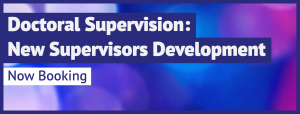
 BU has been a successful participant in the Horizon Europe Staff Exchanges (previously Horizon 2020 RISE) actions.
BU has been a successful participant in the Horizon Europe Staff Exchanges (previously Horizon 2020 RISE) actions.
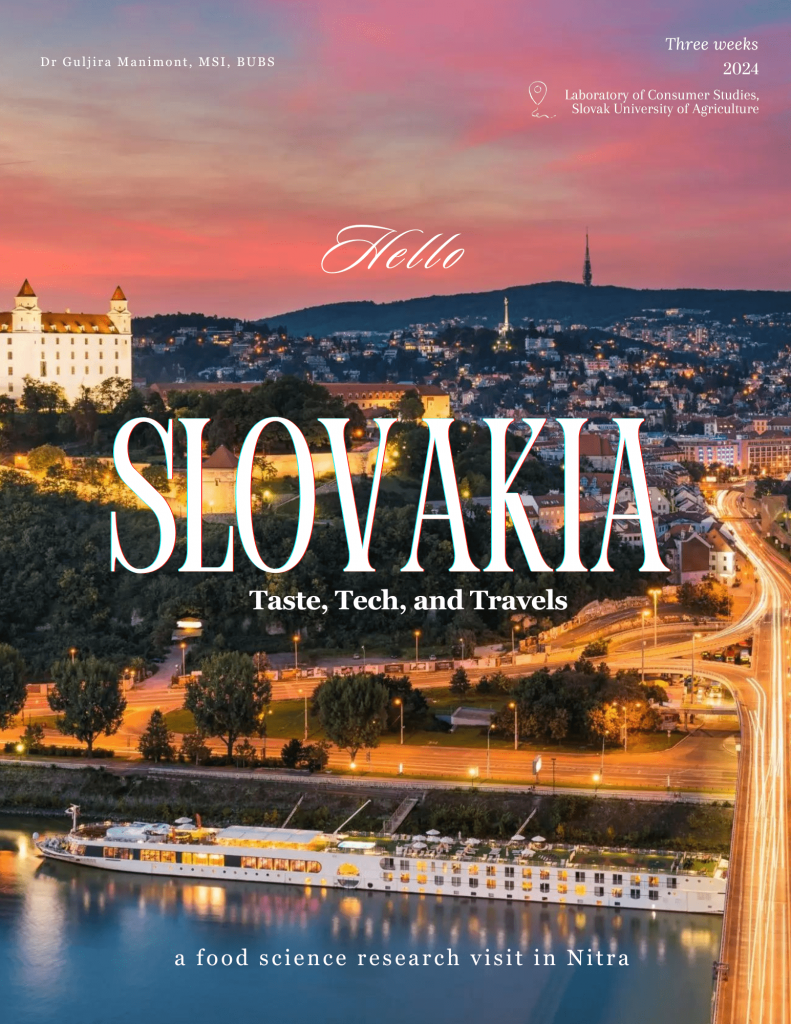
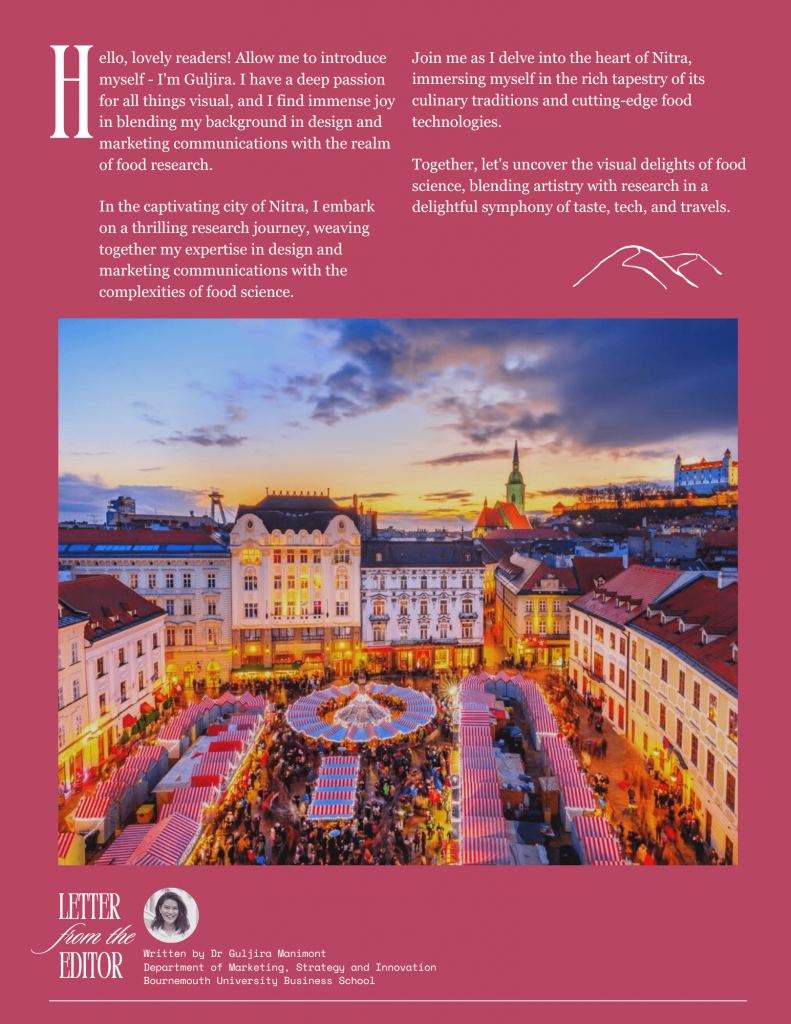
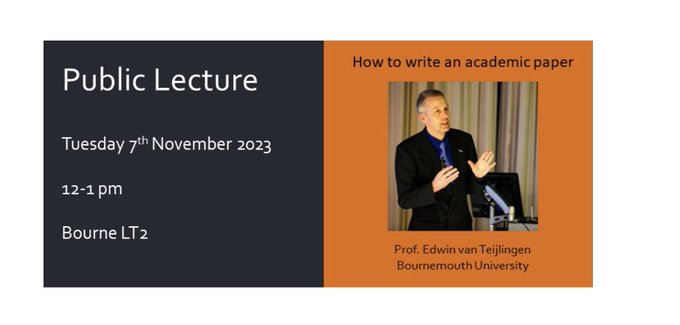 Professor Edwin van Teijlingen in the Centre for Midwifery & Women’s Health (CMWH) has been invited to speak at Royal Holloway, University of London, about writing an academic paper. His public lecture will be coming Tuesday lunch time in the appropriately named ‘Bourne Lecture Theatre’ at Royal Holloway. Prof. van Teijlingen, together with several Bournemouth University (BU) colleagues, has published a text book [1], several book chapters [2-18] and a large number of papers [19-38] about a wide-range of aspects of academic writing and publishing. One of former BU academics, who co-authored a book chapter [10], and two papers [21, 25], is Dr. Preeti Mahato. She is Lecturer in Global Health at Royal Holloway as well as Visiting Faculty in BU’s Faculty of Health & Social Sciences.
Professor Edwin van Teijlingen in the Centre for Midwifery & Women’s Health (CMWH) has been invited to speak at Royal Holloway, University of London, about writing an academic paper. His public lecture will be coming Tuesday lunch time in the appropriately named ‘Bourne Lecture Theatre’ at Royal Holloway. Prof. van Teijlingen, together with several Bournemouth University (BU) colleagues, has published a text book [1], several book chapters [2-18] and a large number of papers [19-38] about a wide-range of aspects of academic writing and publishing. One of former BU academics, who co-authored a book chapter [10], and two papers [21, 25], is Dr. Preeti Mahato. She is Lecturer in Global Health at Royal Holloway as well as Visiting Faculty in BU’s Faculty of Health & Social Sciences.
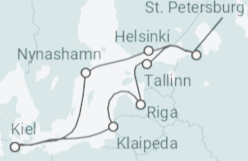
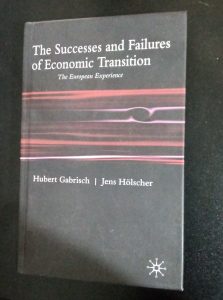

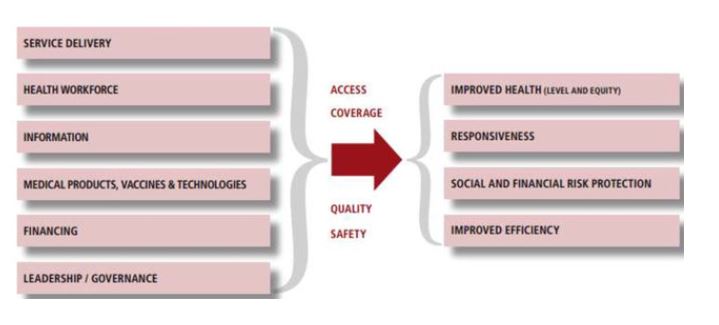
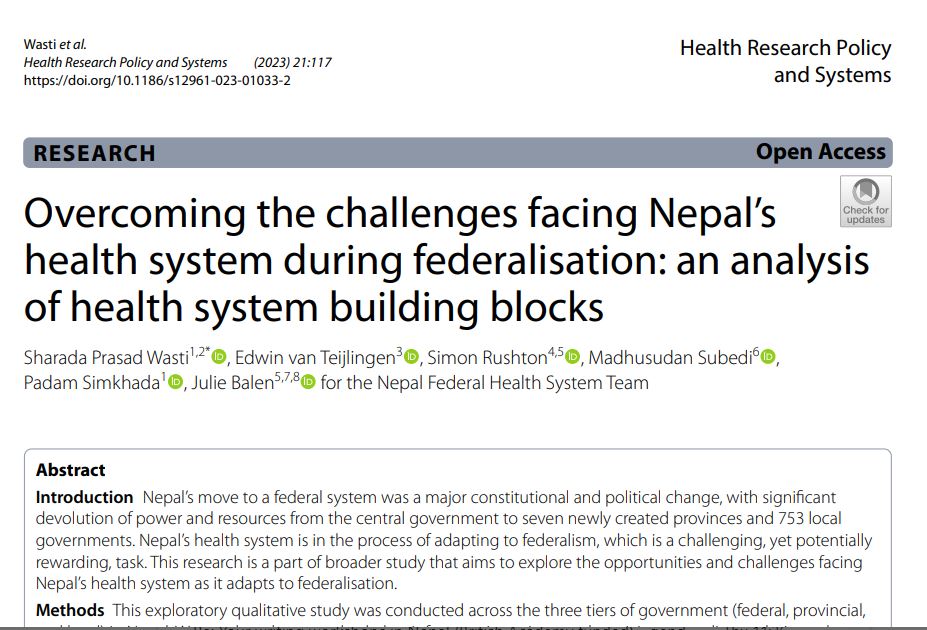
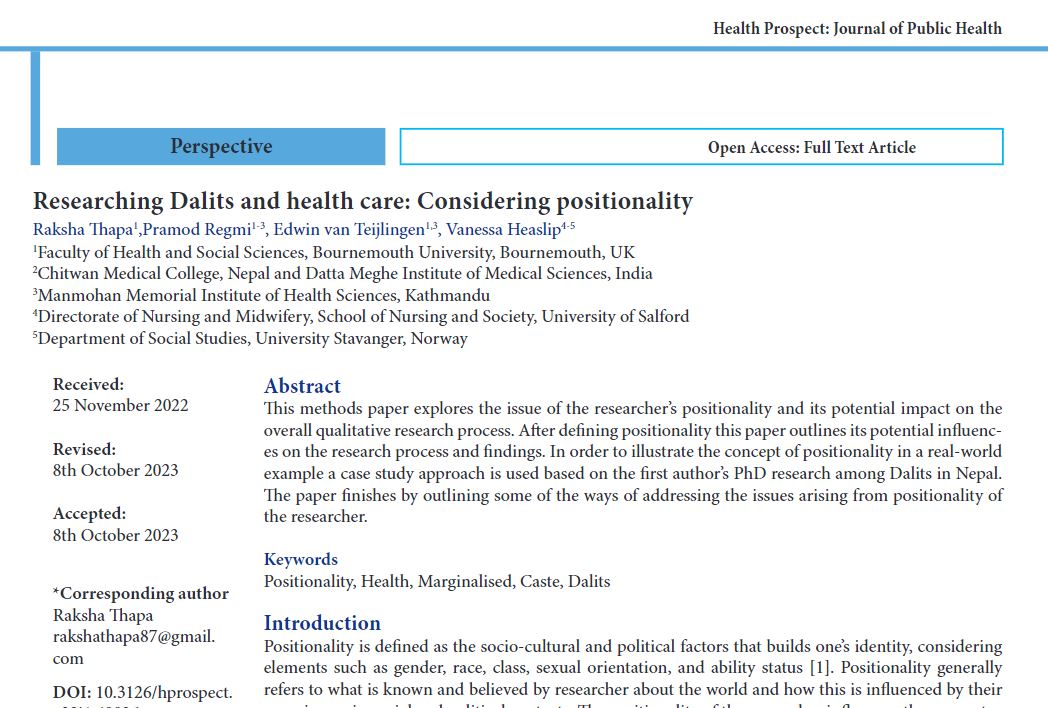
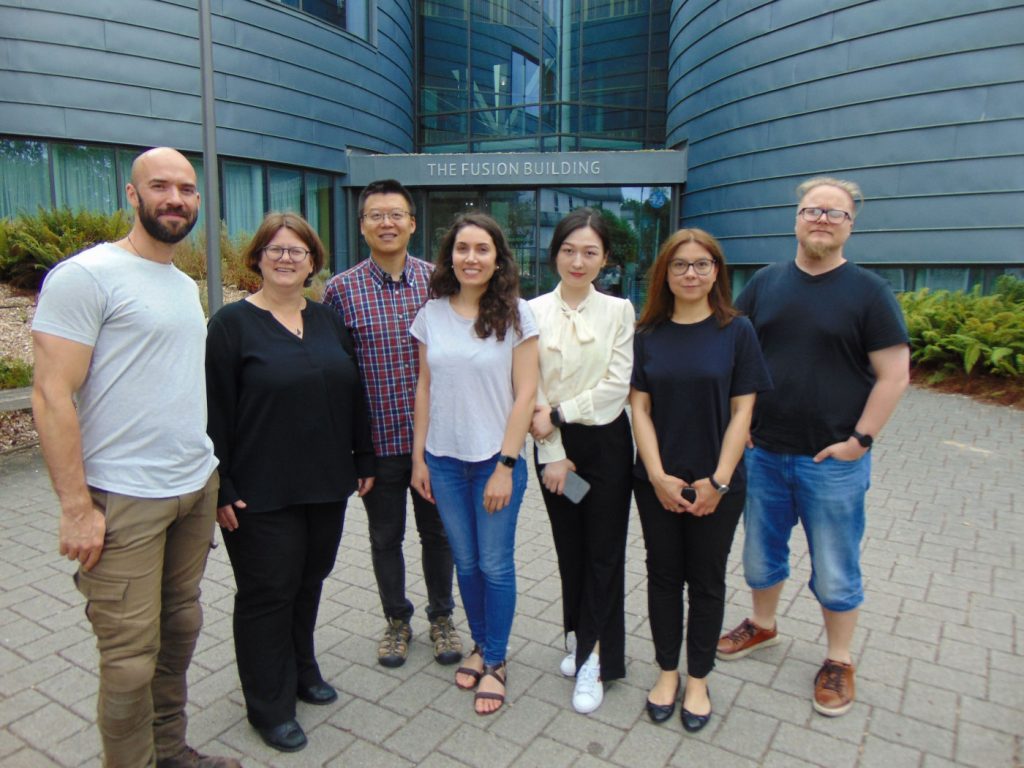
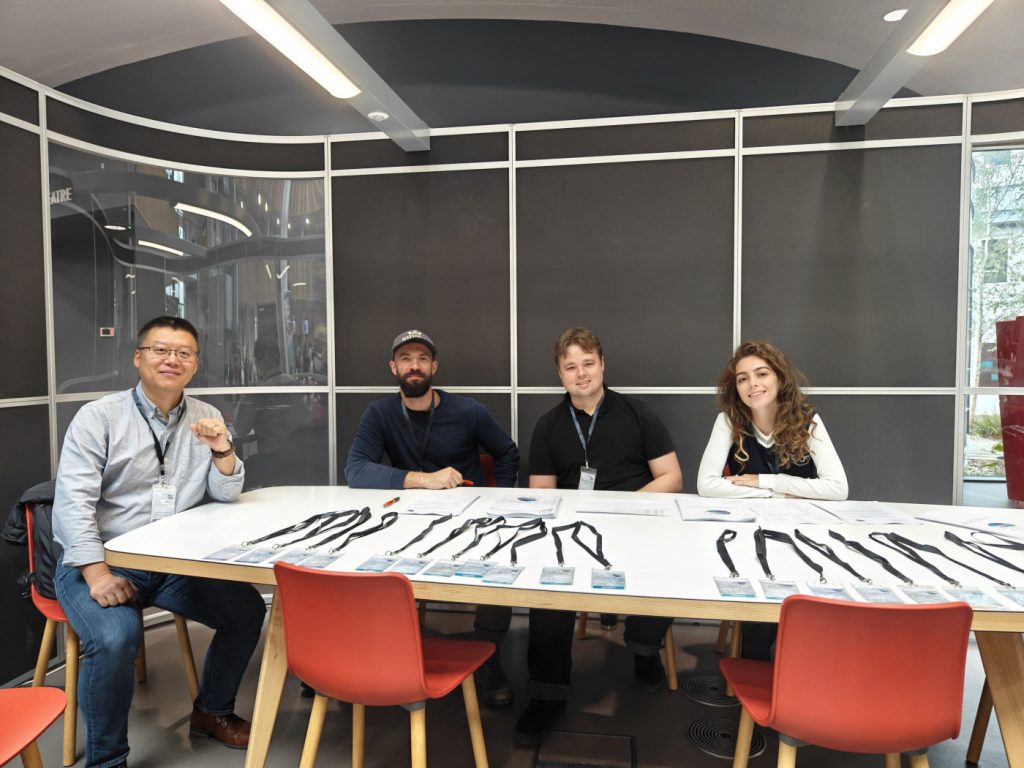
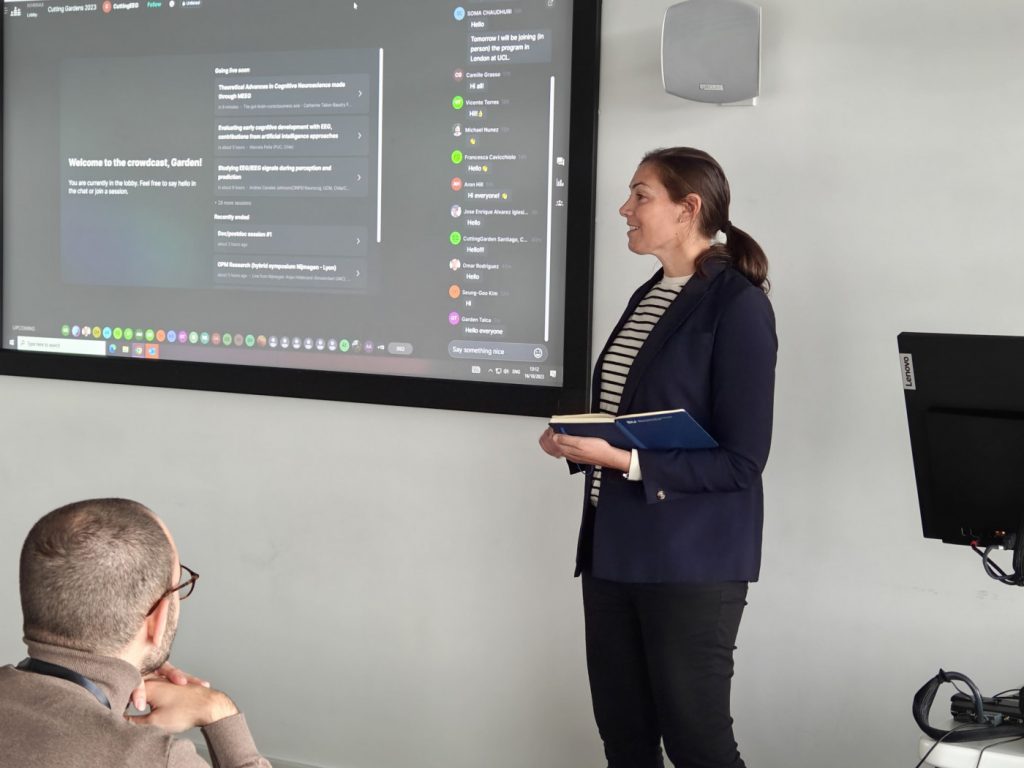
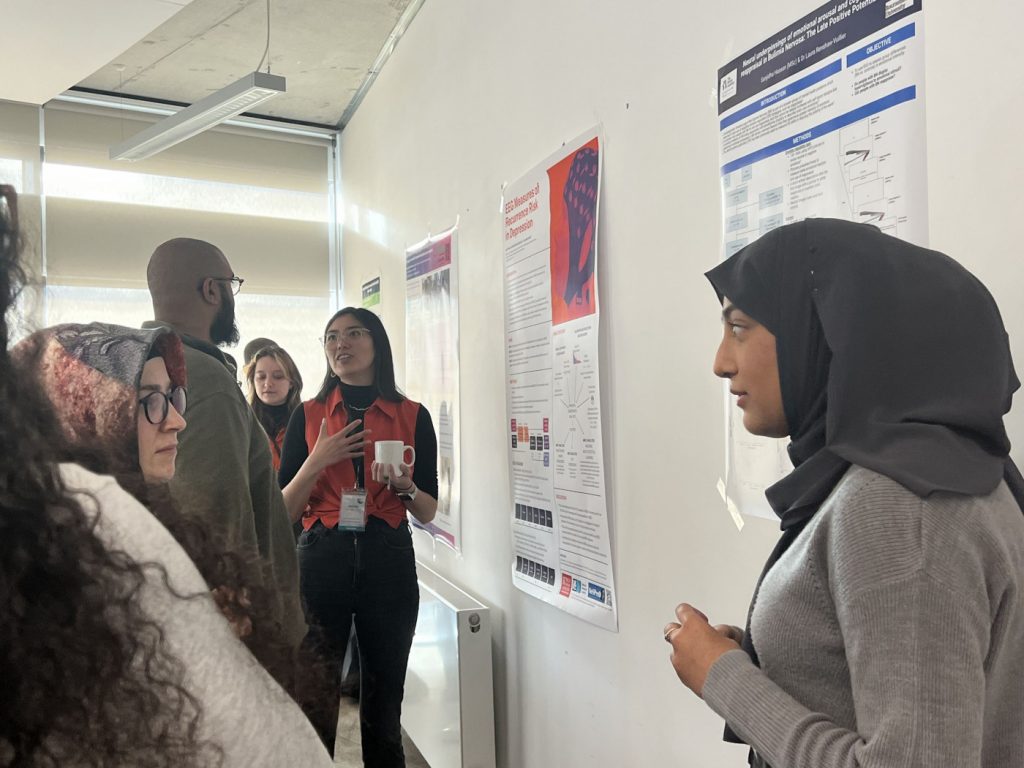
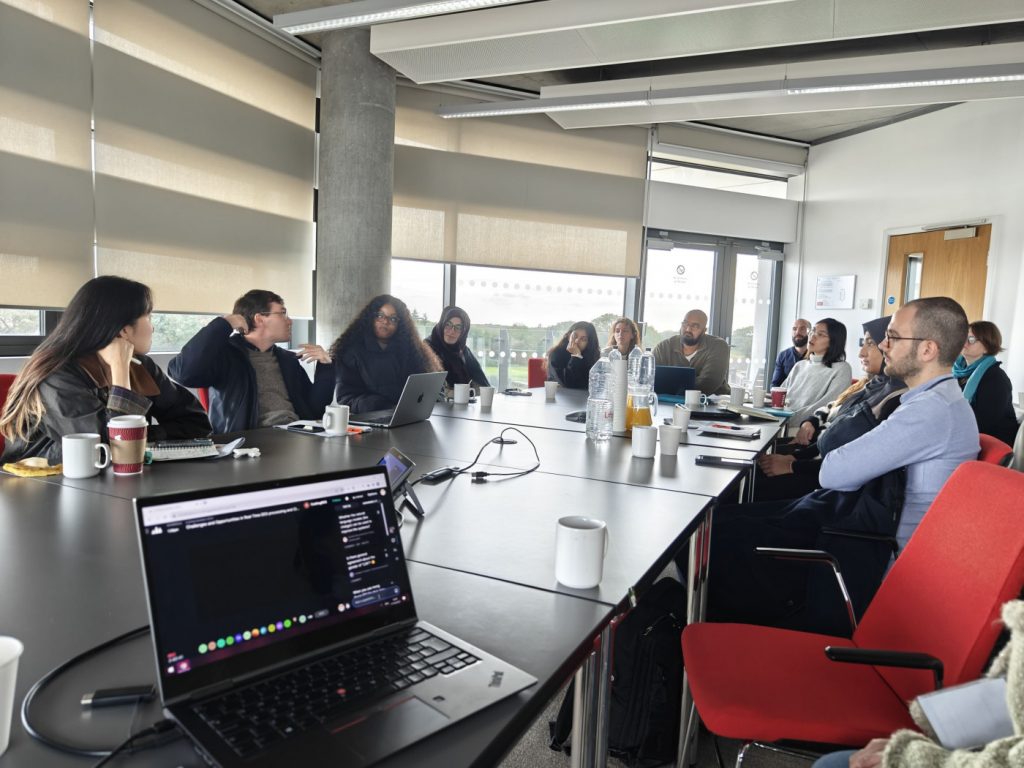
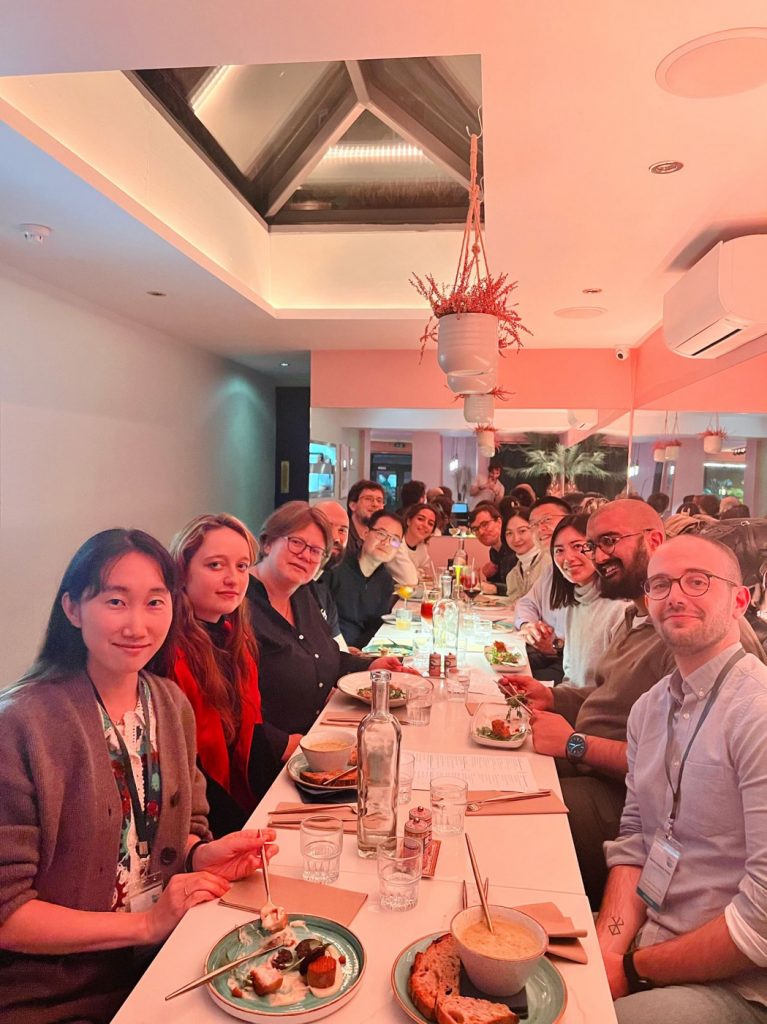
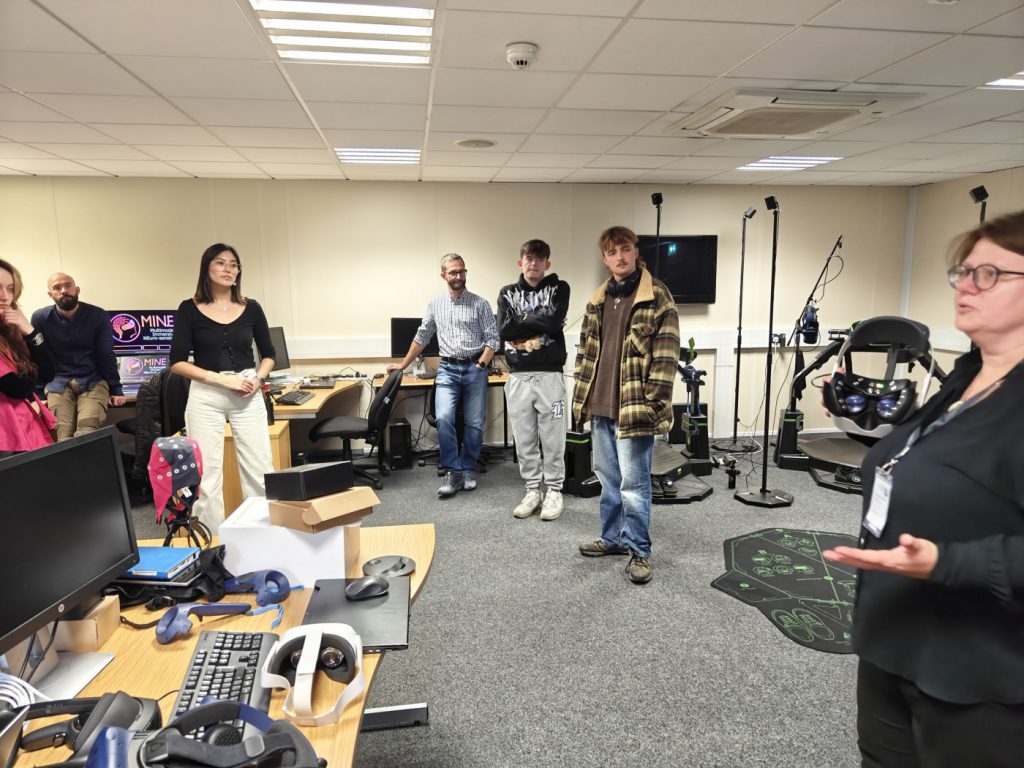
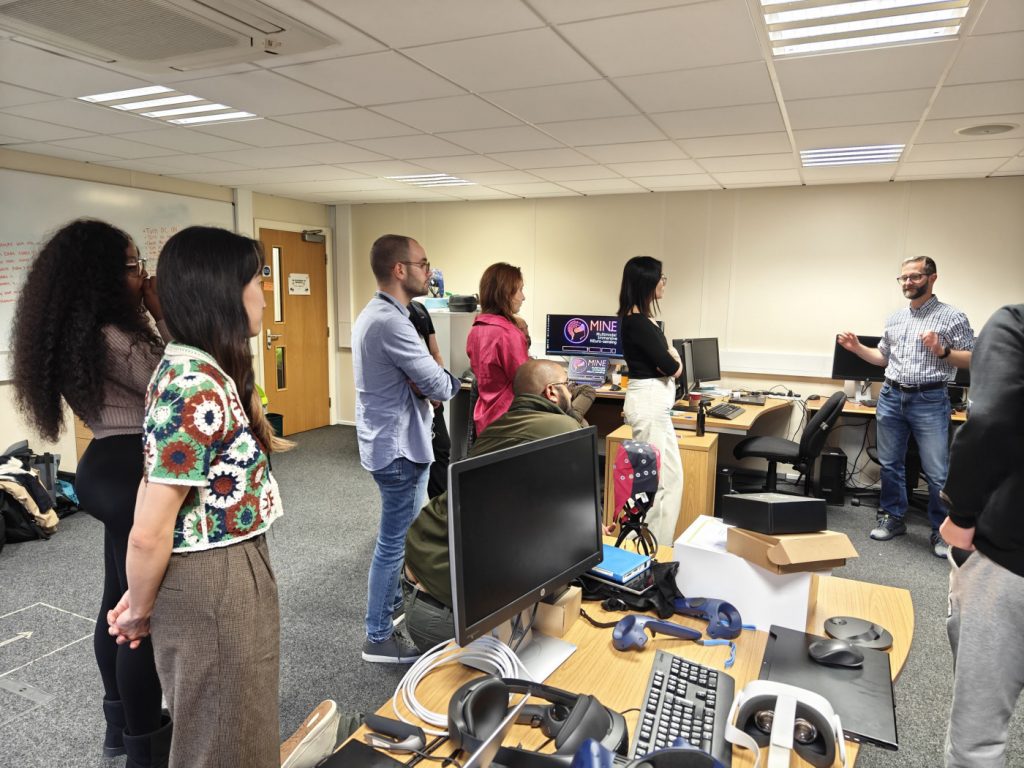
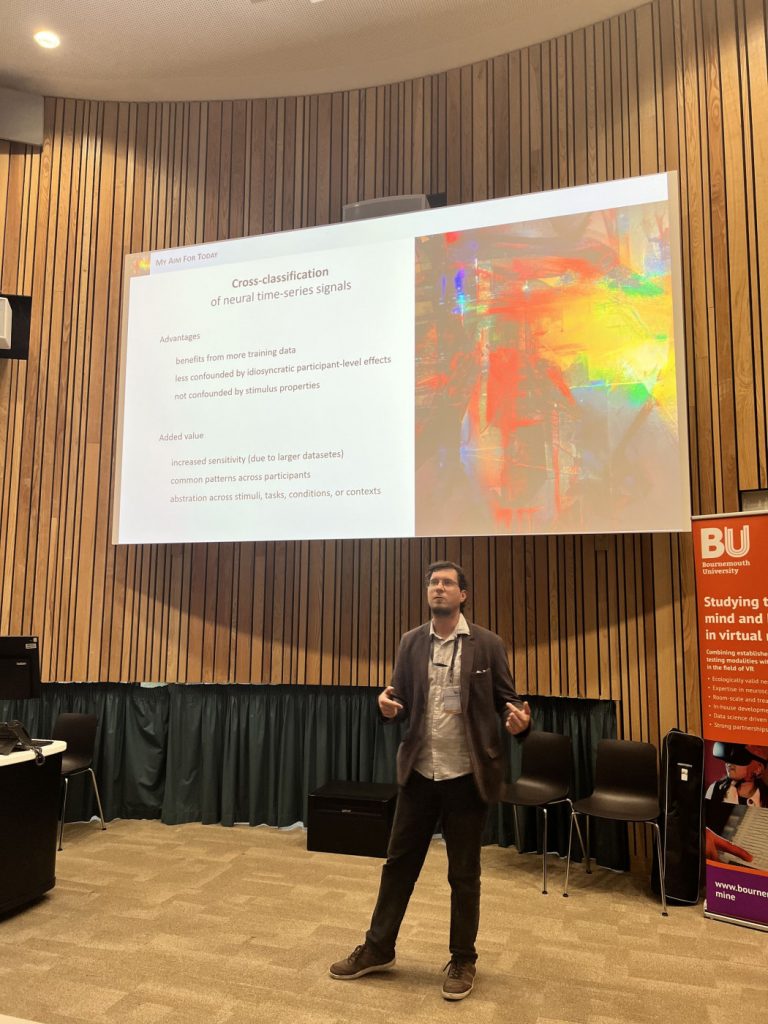
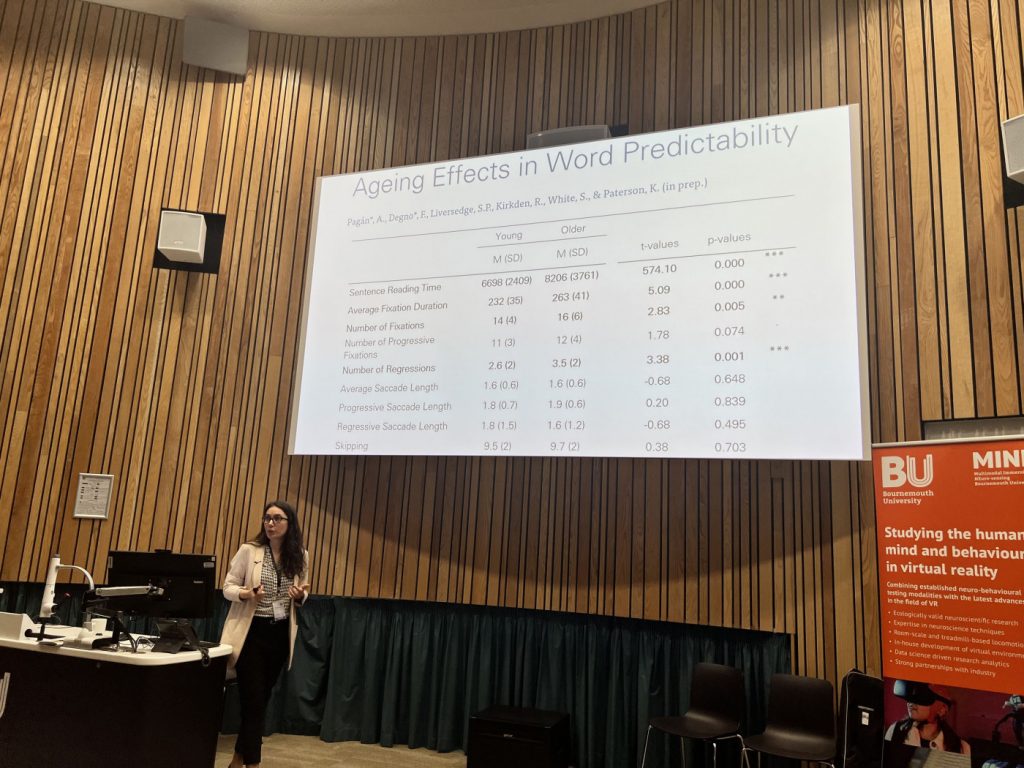
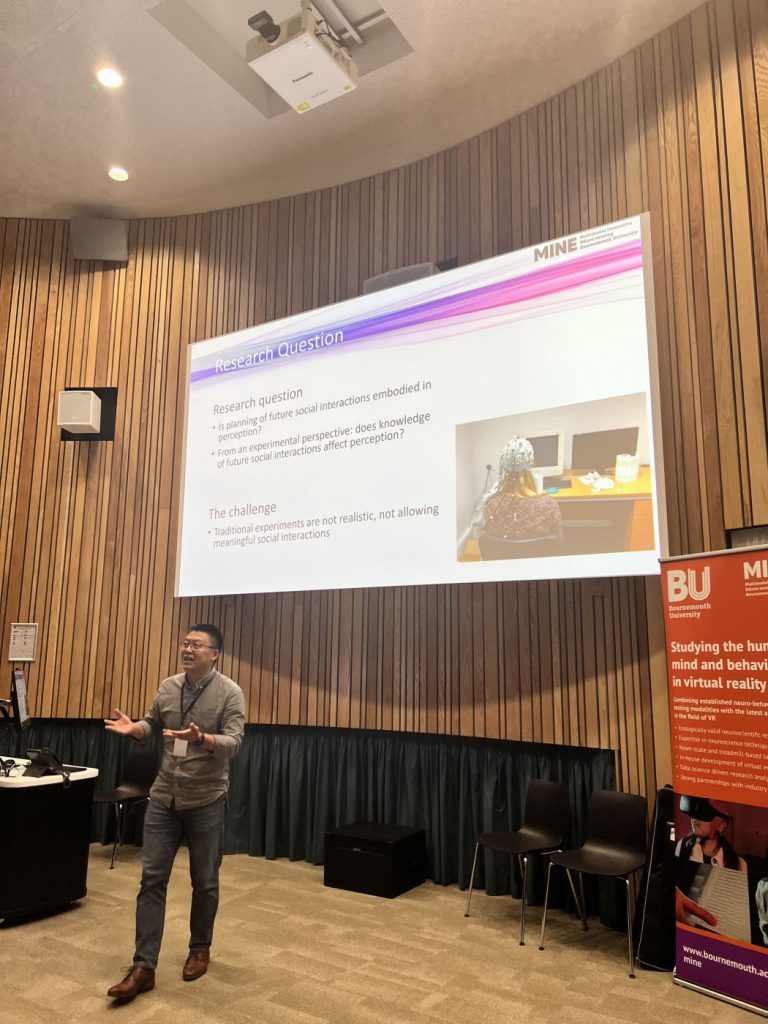
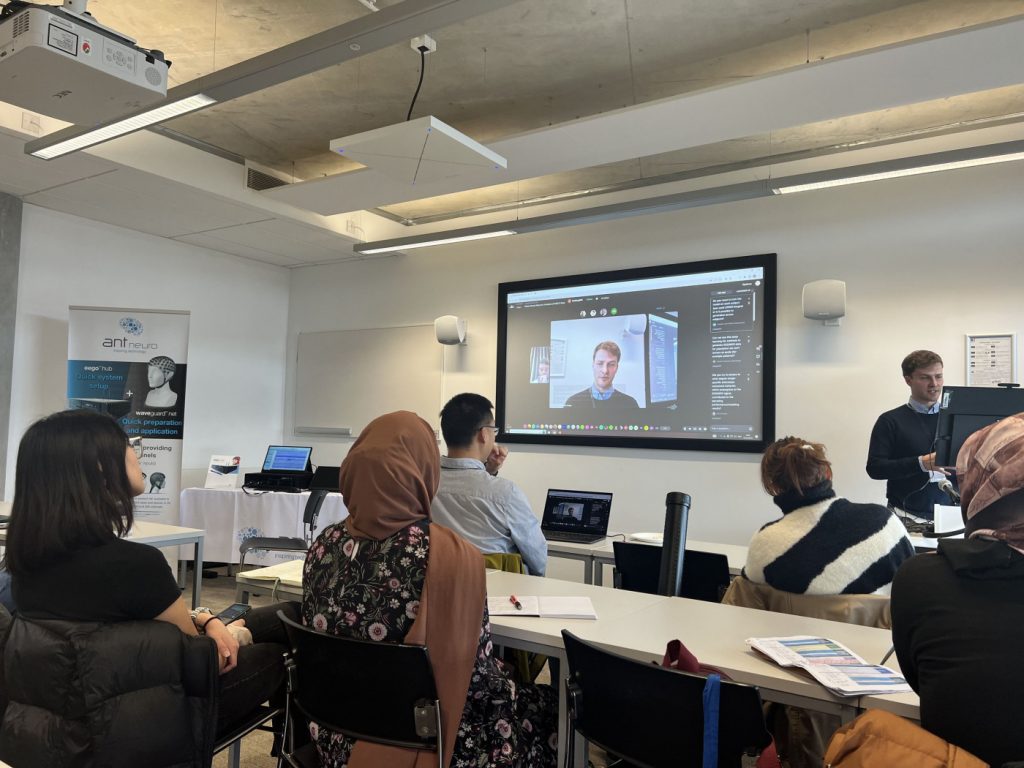
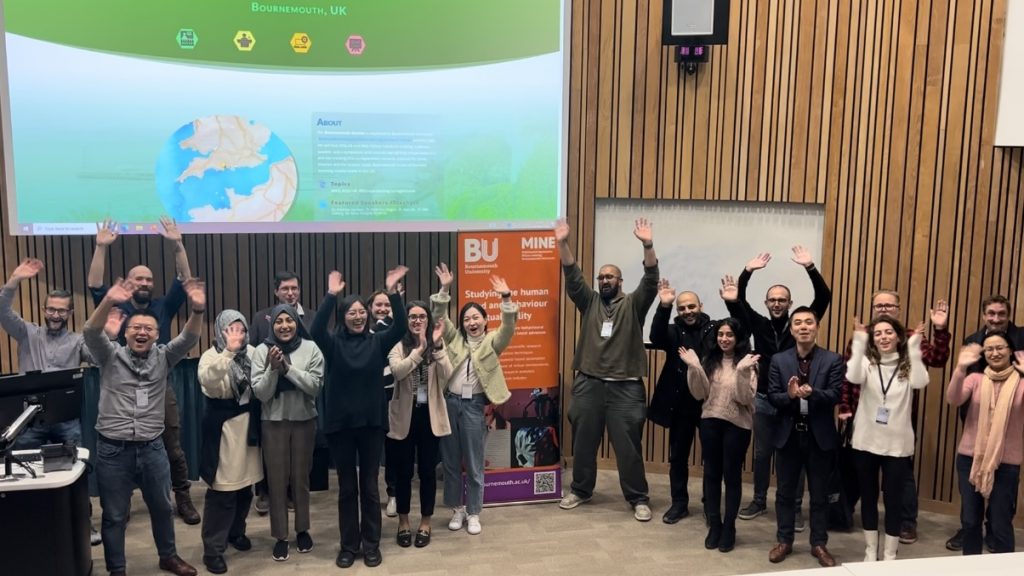
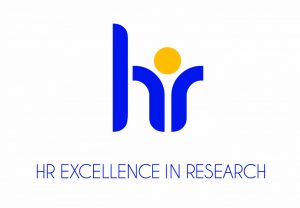 The award demonstrates BU’s commitment to aligning process and practice to the
The award demonstrates BU’s commitment to aligning process and practice to the 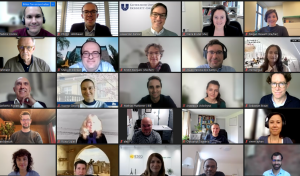 Fiona ‘Stewart’ Vidler MBA MSc MLIBF BUBS – her independent report on this event –
Fiona ‘Stewart’ Vidler MBA MSc MLIBF BUBS – her independent report on this event –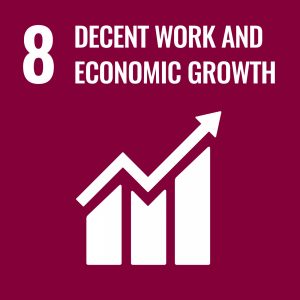 on behalf of her two BU AFE advisors, both published in IZA Policy Papers 2019: Professor Jens Hölscher (member, past president of EACES) and Dr Peter Howard-Jones (EACES best thesis award winner 2021 BU with institutional economist links to LSE, London School of Economics).
on behalf of her two BU AFE advisors, both published in IZA Policy Papers 2019: Professor Jens Hölscher (member, past president of EACES) and Dr Peter Howard-Jones (EACES best thesis award winner 2021 BU with institutional economist links to LSE, London School of Economics). 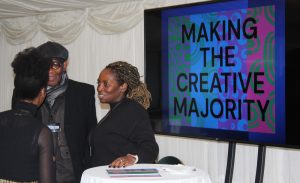 Making the Creative Majority is a new report from the
Making the Creative Majority is a new report from the 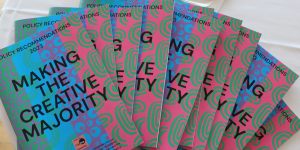
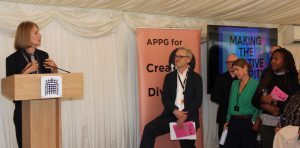











 New Nepal scoping review on maternal & neonatal health
New Nepal scoping review on maternal & neonatal health Fourth INRC Symposium: From Clinical Applications to Neuro-Inspired Computation
Fourth INRC Symposium: From Clinical Applications to Neuro-Inspired Computation Writing policy briefs
Writing policy briefs Upholding Excellence: The Concordat to Support Research Integrity
Upholding Excellence: The Concordat to Support Research Integrity ECR Funding Open Call: Research Culture & Community Grant – Application Deadline Friday 12 December
ECR Funding Open Call: Research Culture & Community Grant – Application Deadline Friday 12 December MSCA Postdoctoral Fellowships 2025 Call
MSCA Postdoctoral Fellowships 2025 Call ERC Advanced Grant 2025 Webinar
ERC Advanced Grant 2025 Webinar Horizon Europe Work Programme 2025 Published
Horizon Europe Work Programme 2025 Published Horizon Europe 2025 Work Programme pre-Published
Horizon Europe 2025 Work Programme pre-Published Update on UKRO services
Update on UKRO services European research project exploring use of ‘virtual twins’ to better manage metabolic associated fatty liver disease
European research project exploring use of ‘virtual twins’ to better manage metabolic associated fatty liver disease